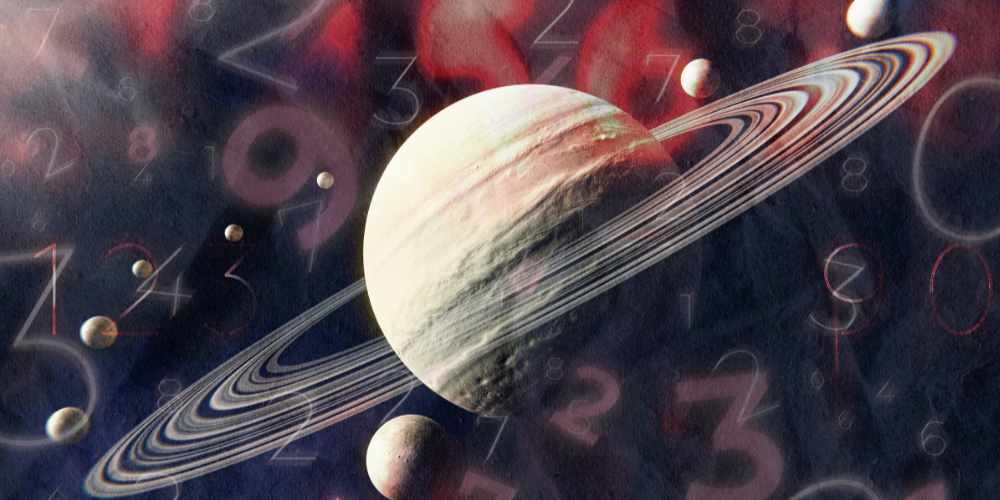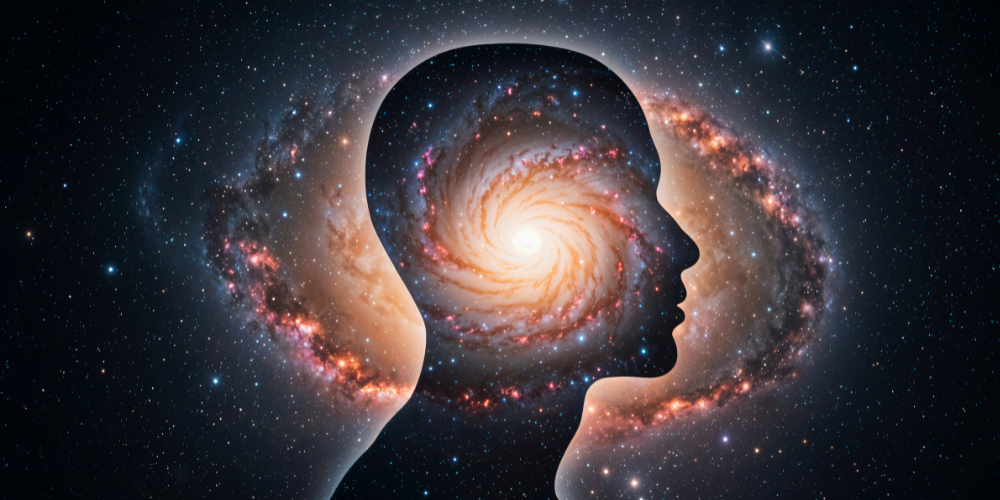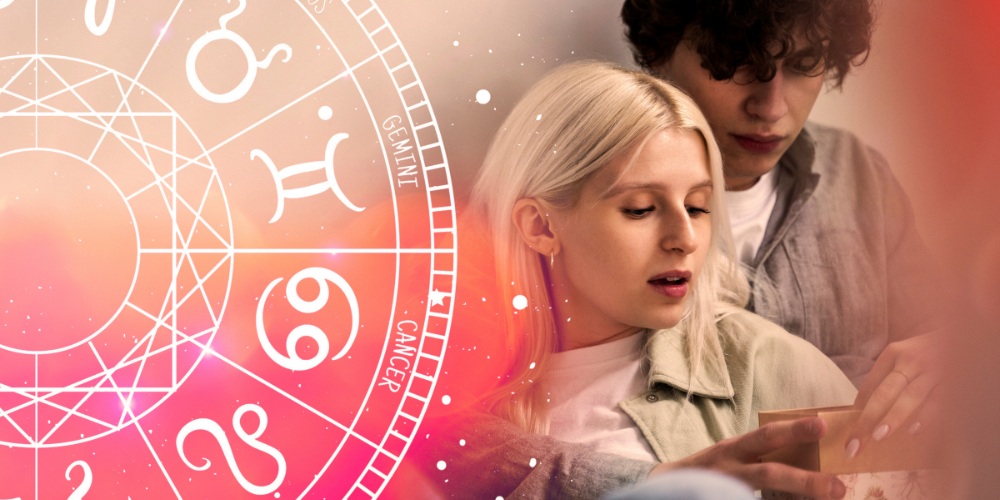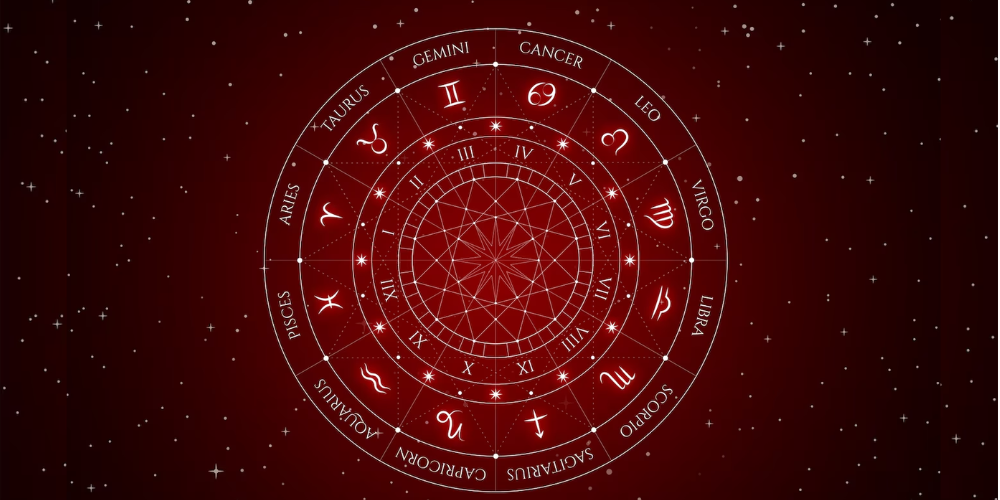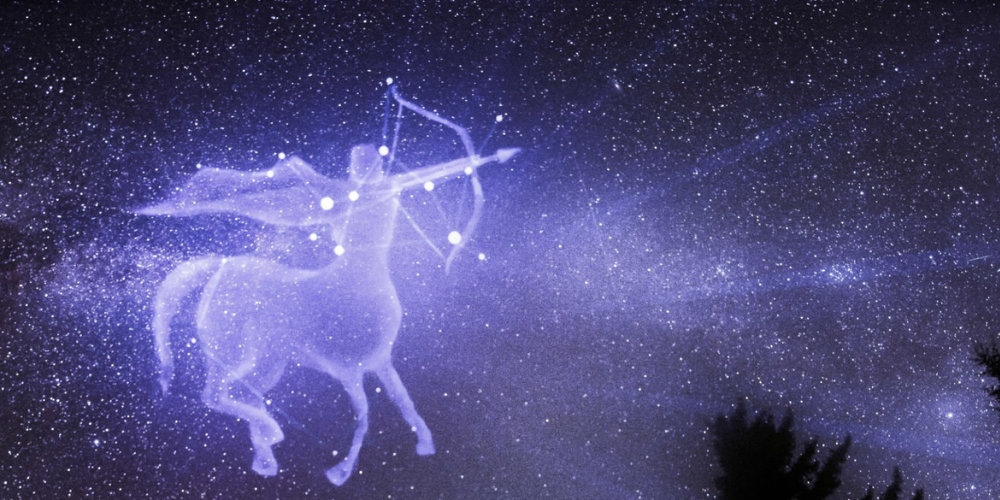Jupiter, the largest planet in our solar system, is a celestial force of expansion, optimism, and opportunity. In astrology, it governs luck, philosophy, personal growth, and faith, shaping the way individuals perceive life and approach challenges. This planet encourages exploration, inspires positivity, and amplifies personal potential. Understanding Jupiter’s influence in a birth chart provides a window into where abundance and guidance flow naturally. What Jupiter Represents in Astrology Jupiter embodies ideals, aspirations, and the quest for meaning. It highlights areas where faith, hope, and philosophy can shape experiences, guiding individuals toward personal growth. Its energy magnifies positivity, humor, curiosity, and light-hearted self-discovery. However, Jupiter’s influence also carries the potential for overconfidence, impractical optimism, or neglect of...
Time doesn’t always pass at the same pace. Under certain conditions, people experience what psychologists call “time expansion experiences” (TEEs)—moments when seconds feel like minutes. These instances are reported during emergencies, intense concentration, meditation, and even some sporting events. Recent research suggests that the perception of time is far more flexible than commonly assumed, and understanding this phenomenon sheds light on the extraordinary capabilities of the human mind. What Are Time Expansion Experiences? Time expansion experiences occur when the brain slows its perception of events, making moments feel extended. Psychologist Steve Taylor of Leeds Beckett University has spent over a decade investigating these experiences. His research indicates that TEEs are not limited to life-threatening situations. While...
The mind sometimes delivers experiences that feel uncanny—an intuition that something will occur, or a sudden certainty before events unfold. These flashes raise a possibility: perhaps what we call gut instinct is actually more. Evidence points to the idea that awareness may extend beyond linear time, offering fragments of the future. Today, neuroscience is probing these mysteries with rigor. Precognition, long relegated to folklore or chance, is being tested in lab settings. The research suggests consciousness could draw on information from events that have yet to happen, blurring the line between memory and foresight. Such findings challenge the conventional picture of time as a straight path. The Science Behind Precognition Precognition is considered a form of...
Unpredictability is life’s constant companion, and when the world feels especially unsettled—fractured politics, tense social climates, global challenges—it can spark questions about where meaning is rooted. That search often leads not to a grand, all-consuming mission, but to the daily decisions that nurture connection and purpose. Purpose isn’t about arriving at one perfect role or destination—it’s about living in a way that fuels clarity and energy, even when tomorrow is unclear. Small, intentional choices can recast uncertainty as an opening to feel grounded and more fully present. 1. Notice Purpose in Everyday Moments Purpose often grows from simple, daily actions rather than a single life-defining goal. Showing kindness to a neighbor, tending to a garden, volunteering...
"The Truman Show" isn’t just a standout '90s drama—it's a razor-sharp commentary on surveillance culture, media obsession, and the cost of living under constant scrutiny. Directed by Peter Weir and starring Jim Carrey in a rare dramatic role, the film tells a story that still hits hard today, especially in an age where personal privacy feels more optional than protected. Released in 1998, "The Truman Show" foresaw a world not unlike ours—where real life gets filtered through a lens for public consumption, and entertainment blurs the line between genuine and artificial. A World Built on Illusion Truman Burbank lives in the pristine town of Seahaven, a place that looks picture-perfect but is anything but real. From...
What does it really mean to live the good life? For decades, mental health research has zeroed in on what goes wrong—studying disorders, diagnoses, and treatments. But for Luke Kalb (PhD ’17, MHS ’08), an associate professor of Mental Health at the Bloomberg School of Public Health, there’s more to the story. His research pushes beyond managing illness and explores what helps people flourish. Instead of only asking how to fix mental distress, he’s asking what builds a life worth living for the majority of people who aren’t in crisis. Kalb's work focuses on an often-overlooked area of public health: positive mental well-being. “Roughly 20% of Americans will experience a psychiatric disorder in their lifetime,” he...
Astrology in Ancient Rome | A Brief Overview
The era of Ancient Rome was a time of grandeur, toga parties, and horoscopes. That is right! Before your weekly check-in with that trendy astrology app on your phone, the Romans were looking skyward, hoping to decipher the will of the gods.
If you ever wondered how deeply embedded astrology was in ancient cultures, buckle up. Why? Because Rome has quite the tale to share.
Navigating Roman Life Via Astrology
Astrologers were a significant part of society, guiding individuals through life’s milestones. Consulting the stars was paramount before embarking on journeys, military campaigns, or even marriages.
In many ways, astrology became a reassuring voice in an unpredictable world, a sort of ancient life coach. Though the science behind it was still budding, its cultural and psychological influence was undeniable.

Pixabay / Pexels / Back then, ancient Romans believed they got a deeper understanding of the universe, deities, and self by studying the movement of celestial bodies.
Celestial Storytellers
The ancient Romans did not have digital screens to binge-watch the latest series. Instead, they had the night sky, a vast, unending tapestry of twinkling stories and omens. Romans believed they could unlock a deeper understanding of the universe, their deities, and even themselves by studying the movement of celestial bodies like stars, planets, and constellations.
Think of it as the original Netflix: every night, a new episode, every pattern, a new season.
From Babylon to Rome
Now, Rome did not come up with astrology on its own. Like a lot of Roman culture, astrology was adopted and adapted. This cosmic craft originally stemmed from the Babylonians, who were absolute pros at celestial observation.

Carlos / Unsplash / Romans did not ‘invent’ astrology. Instead, they took inspiration from the then-pro astrologers Babylonians and altered it accordingly.
When the Romans got wind of this, especially during the late Republic and Empire periods, they embraced it wholeheartedly. They added their own flair, of course, tying it closely to their religious and socio-political lives.
Gods, Emperors, and Stars
Ever heard of the phrase “born under a lucky star”? The Romans took this literally. Emperors, particularly, were fans of the idea. For example, Augustus, Rome’s first emperor, claimed the constellation Capricorn as his ‘special star,’ tying his fate to its movements.
By aligning themselves with celestial bodies, emperors created a narrative of divine endorsement for their rule.
A Daily Dose of Destiny
For the common Romans, astrology was not just an imperial propaganda tool. The general populace eagerly awaited the predictions and insights brought about by astrologers. There were almanacs predicting everything from agricultural yields to personal fortunes based on the positions and movements of celestial bodies.

Fderica / Pexels / Apart from the ‘pros,’ common Romans also had a deep belief in astrology.
If they wanted to know if it was a good day to ask for a raise (or perhaps a few extra denarii, they turned to the stars of astrology.
Star-Crossed Skeptics
But let’s not imagine every Roman was setting their clocks by the constellations. Just like today, there were skeptics in those times too–philosophers and scientists like Cicero and Pliny the Elder criticized astrology, questioning its accuracy and the motives of its practitioners.
Still, while it had its critics, the allure and magic of astrology were too captivating for many to ignore.



